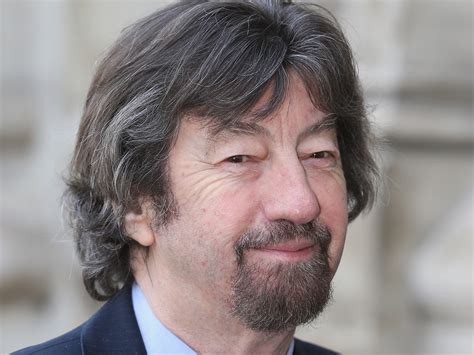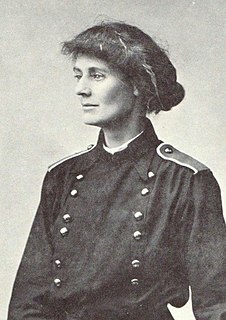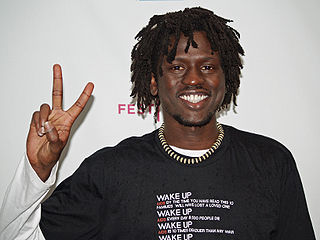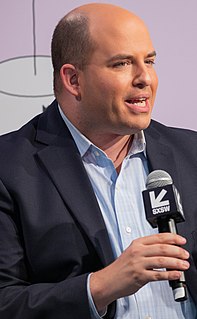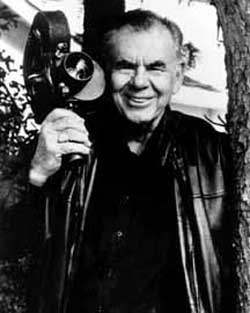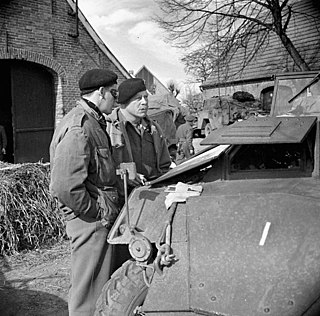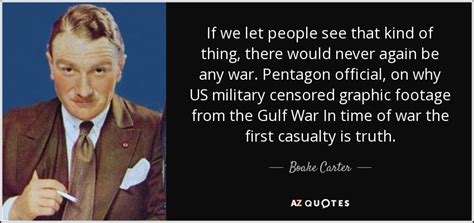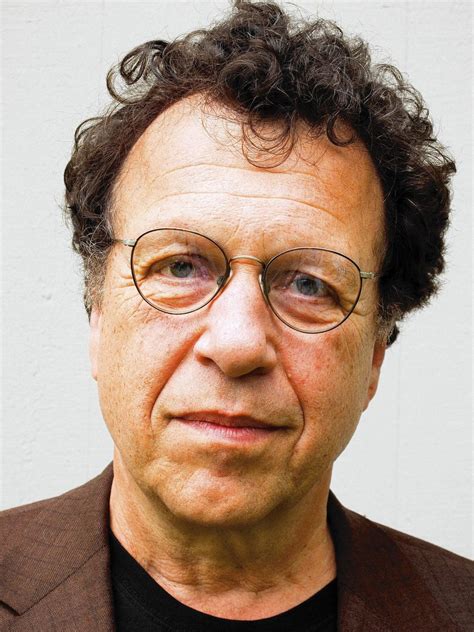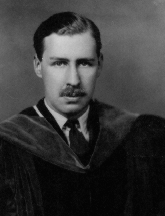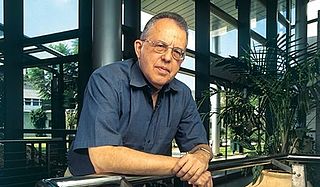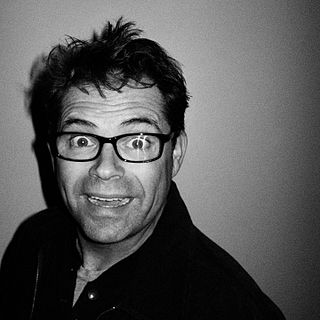Top 1200 First World War Quotes & Sayings - Page 2
Explore popular First World War quotes.
Last updated on November 7, 2024.
World War II made war reputable because it was a just war. I wouldn't have missed it for anything. You know how many other just wars there have been? Not many. And the guys I served with became my brothers. If it weren't for World War II, I'd now be the garden editor of The Indianapolis Star. I wouldn't have moved away.
Who was born first, you or the world? As long as you give first place to the world, you are bound by it; once you realize, beyond all trace of doubt, that the world is in you and not you in the world, you are out of it. Of course your body remains in the world and of the world, but you are not deluded by it.
As we watch the world embrace the Olympics in the coming days, let us remember why the modern Olympics came into being: to bring nations closer together, to have the youth of the world compete in sports, rather than fight in war. As long as we believe our own war-driven thoughts, there will always be war, in ourselves, in our families, and in our world. As long as we believe our thoughts, there will always be war.
Is it not tragic, for example, that while in the last World War almost everyone believed it was the war to end all wars and wanted to make it so, now in this Second World War almost no writer that I have read dares even suggest that this is the war to end all wars, or act on that belief? We have lost the courage to hope.
With respect to the creation of the program, I introduced the bill in September 1945, immediately after the end of the war with Japan, in August of that year. A number of considerations, of course, entered into my decision to introduce the bill, growing from my own experience as a Rhodes scholar and the experiences our government had had with the first Word War debts, [Herbert] Hoover's efforts in establishing the Belgian-American Education Foundation after World War I, [and] the Boxer Rebellion indemnity.
The Philippines and the U.S. have had a strong relationship with each other for a very long time now. We have a shared history. We have shared values, democracy, freedom, and we have been in all the wars together in modern history, the World War, Second World War, Cold War, Vietnam, Korea, now the war on terrorism.
The television reports gave me my first inkling of a world beyond my own, a world that wasn't fair or equal, a world of poverty, war, disease and famine. But I also realized that this state of affairs wasn't necessarily a given, and that we have it in our power to make a difference, to make the world a better place for all. We have that choice. One thing's for sure, though - if we do nothing, it will be a given.
I'm fascinated by the First World War because it was supposed to be the war to end all wars, and it was the biggest conflagration that this particular planet had seen. There was a lot of talk about utopia and how it was possible, and then, because of these events that for one reason or another couldn't be stopped, the idea of utopia went out the window.
In an all-out nuclear war, more destructive power than in all of World War II would be unleashed every second during the long afternoon it would take for all the missiles and bombs to fall. A World War II every second-more people killed in the first few hours than all the wars of history put together. The survivors, if any, would live in despair amid the poisoned ruins of a civilization that had committed suicide.
When I grew up, in Taiwan, the Korean War was seen as a good war, where America protected Asia. It was sort of an extension of World War II. And it was, of course, the peak of the Cold War. People in Taiwan were generally proAmerican. The Korean War made Japan. And then the Vietnam War made Taiwan. There is some truth to that.
There is a radical and unprecedented shift [in war] that is part of the general transformation of civilization. First, understand that the past 150 years of warfare are totally unprecedented in that we introduced a breathtakingly inefficient technology: guns. In the First World War, and this is not an exaggeration, it took 10,000 rounds of ammunition to kill one person. Any given shot had a one in 10,000 probability of ending someone's life.
There is a myth that the New Deal programs on their own pulled the US out of the Great Depression and created the conditions for the economic boom after World War II. As an economist, I can tell you, that is not true. In reality, it was mainly World War II that launched the boom - the massive war mobilization, the horrifying destruction and death caused by it, and then the reconstruction in its aftermath. he US was the only advanced capitalist country that was not bombed during the war.
It's important to remember that World War II was experienced very much as a continuity in that sense. Most of World War II in most of Europe wasn't a war; it was an occupation. The war was at the beginning and the end, except in Germany and the Soviet Union, and even there really only at the end. So the rest of time it's an occupation, which in some ways was experienced as an extension of the interwar period. World War II was simply an extreme form, in a whole new key, of the disruption of normal life that began in 1914.
I think all of us are agreed that war is probably man's greatest stupidity and I think peace is the dream that lives in the heart of everyone wherever he may be in the world, but unfortunately, unlike a family quarrel, it doesn't take two to make a war. It only takes one, unless the other one is prepared to surrender at the first hint of force.
